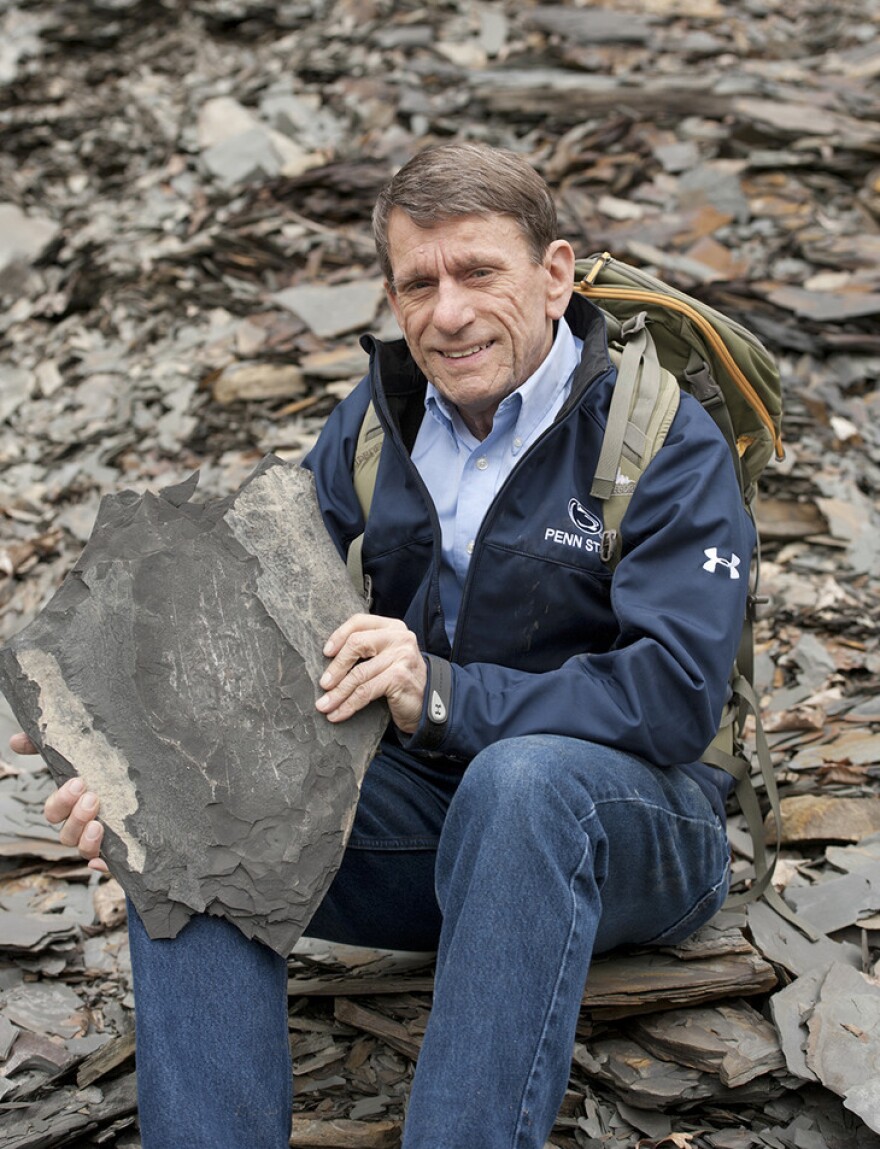In 2007, Terry Engelder, a professor of geosciences at Penn State, calculated that trillions of cubic feet of natural gas could be recovered from the Marcellus Shale.
The now-retired geologist is credited with opening the door to Marcellus Shale development. Looking back, he says the industry did make mistakes when it came to tapping into that reserve. Like not doing baseline water chemistry testing and keeping chemicals used in fracking a secret.
But Engelder doesn’t agree with all the findings from a recent grand jury report. He called tying shale development to health problems “conjecture" and something that would require long-range studies.
“It is very clear from some of the epidemiological studies that there is an association where people have looked at such things as asthma and concluded that asthma and fracking are associated with one another," Engelder said. "The cause, though, is the issue.”
After a two-year investigation, a Pennsylvania grand jury recently faulted state agencies for what it calls poor oversight of the natural gas industry.
The grand jury report takes the state departments of Environmental Protection and Health to task for their lack of response to some complaints. The jury heard from witnesses about contaminated water and health problems they believe stem from fracking. The report includes recommendations such as greater distances between drilling sites and homes and tighter regulations for transporting wastewater.
“The business of sampling water wells ahead of time," Engelder said. "That was something that the industry could have anticipated. And I think that in that case, this was just a piece of bad judgment on the part of industry operators.”
Engelder served on a state advisory commission that made recommendations, including for a long-term health study. He said that proposal was rejected.
“And I think that the state will continue to regret that," he said.
Engelder thinks the regulations that did come with the state’s Act 13 were a good move. On whether more regulations are needed: “You can always look at a risky industry — and the fracking industry is about as risky as it gets — and you can say, well, let's do more inspections. Let's make them plug more wells where there's methane migrating in. So yes, there's always the opportunity to even have stricter rules.”
For a Q&A with Engelder, go to StateImpact Pennsylvania.





